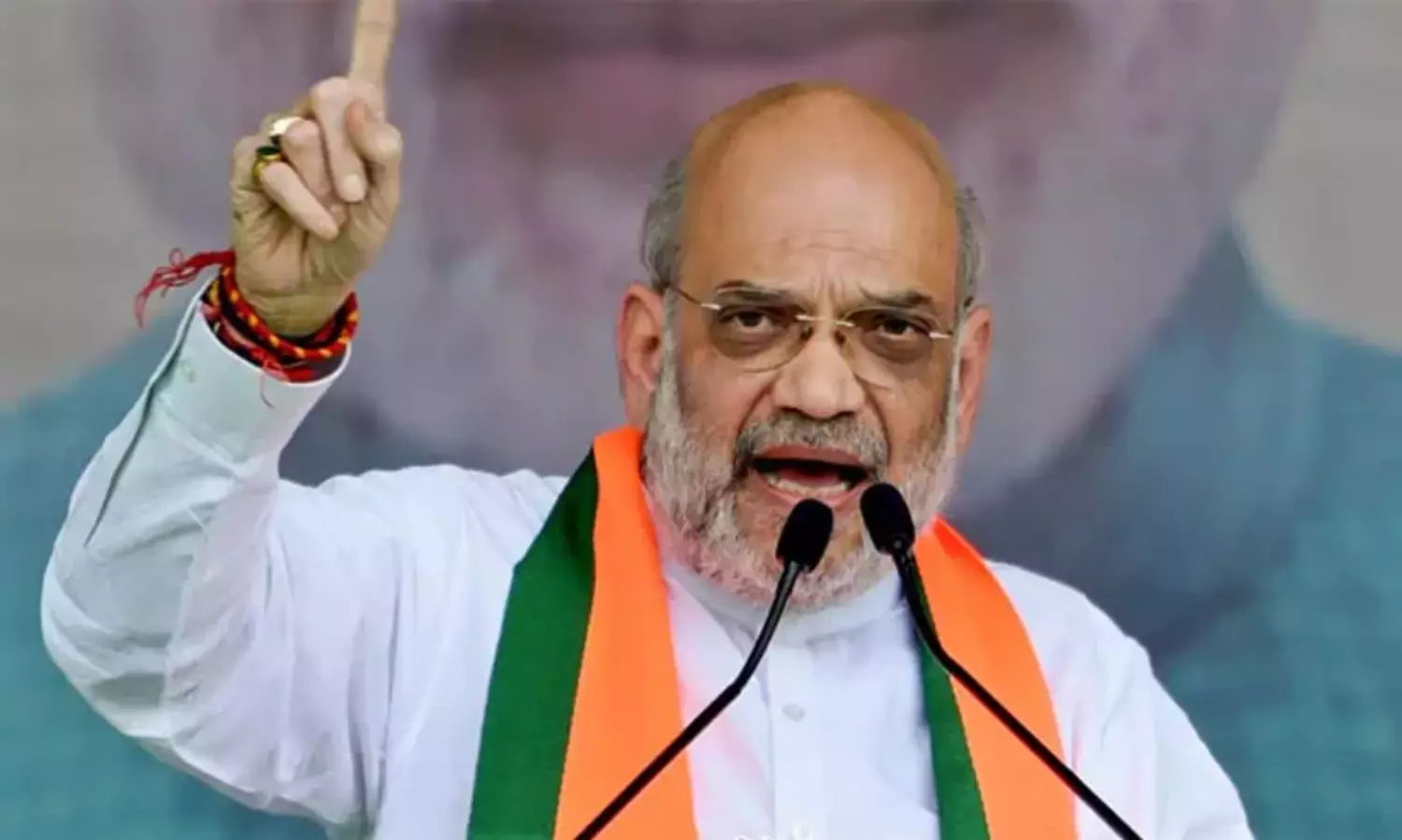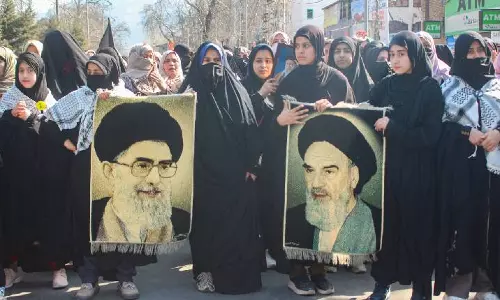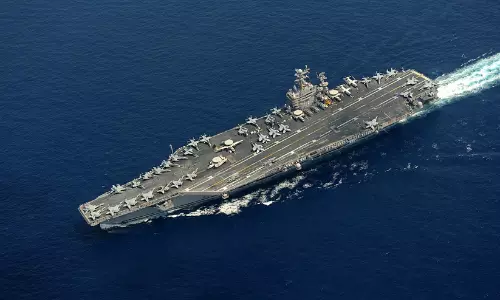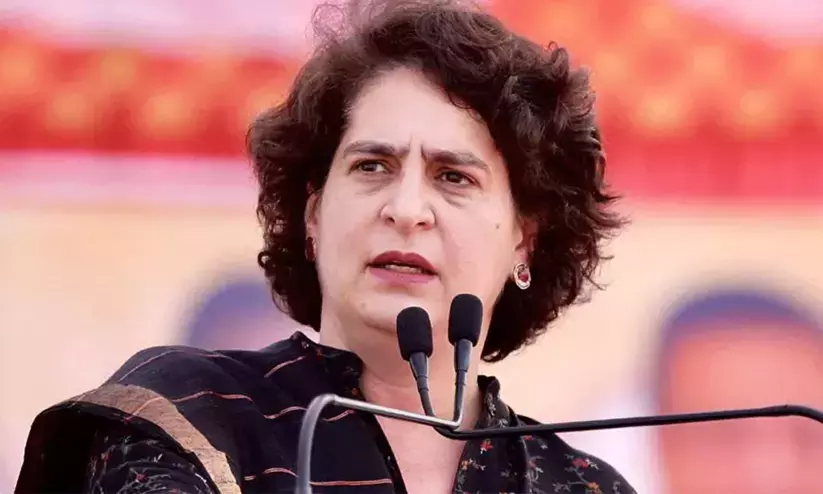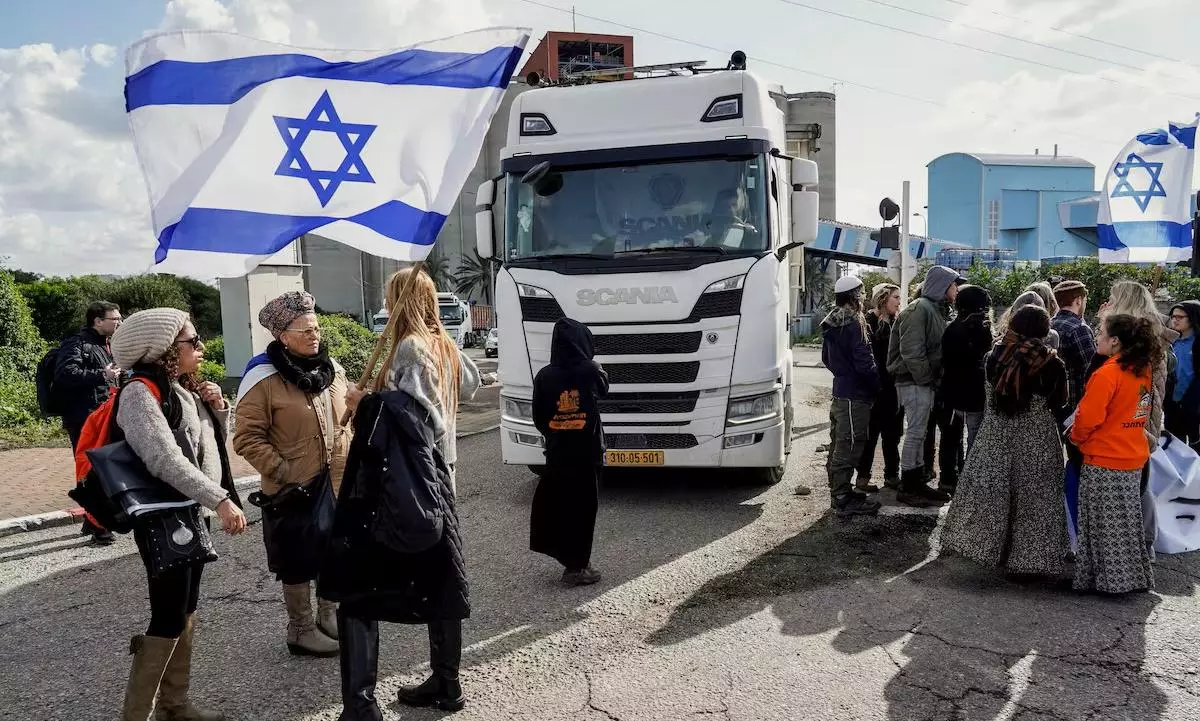
US sanctions far-right Israeli group for blocking humanitarian aid to Gaza
text_fieldsThe United States has imposed sanctions on an Israeli far-right group known as Tzav 9, citing their obstruction of humanitarian aid convoys destined for Gaza. The move comes amidst growing concerns over the humanitarian crisis in Gaza, exacerbated by a blockade that severely limits essential supplies reaching the territory.
Tzav 9, described as a "violent extremist" organization, has been accused by the Biden administration of actively blocking and damaging aid trucks bound for Gaza. The group's actions, which allegedly include looting and setting fire to humanitarian vehicles, have drawn condemnation from the US Department of State.
In response, the US has frozen Tzav 9's assets within its jurisdiction and imposed restrictions preventing American citizens from engaging in transactions with the group.
The sanctions were announced following reports that right-wing Israeli activists, including members of Tzav 9, have been disrupting aid deliveries by blocking roads, particularly in the occupied West Bank.
Instances of violence against aid convoys, such as the torching of trucks in the Hebron Hills area, have underscored the severity of the situation. The US State Department has explicitly laid blame on Tzav 9 for these incidents, accusing them of directly impeding humanitarian efforts essential for alleviating hunger and preventing further crisis in Gaza.
The Biden administration's decision to sanction Tzav 9 marks a significant escalation in efforts to address the challenges posed by extremist elements in the region. Under an executive order issued earlier this year, President Biden established a framework for penalizing actions deemed detrimental to peace and stability in the West Bank. This framework has now been invoked to target both Palestinian and Israeli groups, reflecting a broad approach to maintaining regional security.
Critics argue that Tzav 9's actions not only contravene international humanitarian norms but also undermine efforts to stabilize Gaza amidst escalating food insecurity and economic hardship. The blockade imposed by Israel, which Tzav 9 has reportedly sought to enforce through its activities, has long been a contentious issue condemned by various humanitarian organizations and governments worldwide.
The Israeli government, meanwhile, has faced scrutiny for its handling of the situation, with accusations that some elements within its security forces have tacitly supported or failed to prevent attacks on aid convoys by extremist groups like Tzav 9. Videos showing security forces allegedly standing by while aid trucks were attacked have fuelled criticism of Israel's role in safeguarding humanitarian operations in the region.
In response to the escalating tensions, efforts by grassroots Israeli groups like Standing Together have emerged, aiming to protect aid convoys through non-violent means, including forming human shields. These initiatives highlight the complex landscape of civil society responses amidst political and security challenges.




